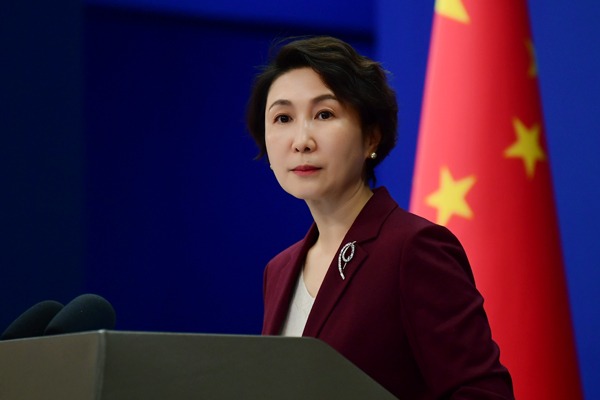China offers blueprint for Africa's rise
Economist advocates human-capital investments to help double growth rate

Africa could double its current growth rate for the next 40 years by drawing on China's development strategy, which offers the strongest "proof of concept" for sustained high growth, economist Jeffrey Sachs said in a lecture on Thursday.
With Africa projected to account for 25 percent of the world's population by 2050 and 35 percent by 2100, the continent's future will hinge on urgent and large-scale investment in education, including universal digital access for students, Sachs said at a discussion called "The Future of Global Growth: Prof Jeffrey Sachs on Geopolitics and Fragmentation", held at the Gordon Institute of Business Science under the University of Pretoria in Johannesburg, South Africa.
"My view is that the next 40 years should be a period of 8 to 10 percent per year growth in Africa — roughly twice the current rate — and that this is feasible, and that China is the proof of concept and the best role model as well for how to get this done," he said.
China's growth shows rapid late development at scale is possible, he said, noting that "1.4 billion people became part of a high-income, technologically dynamic rival …within a 40-year period".
"What China has done is show how to plan, how to think forward, how to implement long-term infrastructure strategies, how to dramatically raise the human capital in the population over two generations to make the cutting-edge, high-tech country right now leading in most areas," he said.
Sachs pointed to global innovation rankings to underscore China's rise, suggesting that the end goal of an African development model is not just industrial catch-up or the replication of old industrialization models, but to leapfrog into knowledge-based growth.
In the Global Innovation Index 2025 released in September, the World Intellectual Property Organization lists Southern China's Shenzhen-Hong Kong-Guangzhou as the world's top innovation cluster, ahead of Tokyo-Yokohama at No 2 and Silicon Valley at No 3, with Beijing and Seoul rounding out the top five.
"So this is an Asian phenomenon — very successful," Sachs said. "But China figured out how to do that. Africa needs to do this in the next 40 years."
Africa's demographic surge means the continent could become one of the world's central economic actors if governments act quickly to convert population growth into human capital, he said.
With a population approaching 1.5 billion, Africa has the scale of a "mega population" comparable to China and India, he said, adding that the African Continental Free Trade Area provides the "gains of scale" needed to build a large integrated market.
"You will be much bigger than China and India soon enough. But 1.5 billion people — that's a big market to work for."
Analysts say such scale is critical for developing competitive industries and future innovation hubs — an outcome Sachs said would depend on Africa's ability to educate and skill its fast-growing population.
In the discussion, Sachs said the widely used term "demographic dividend" is misleading.
"It's not true stated that way," he said. "What will make this a demographic dividend is if that is a highly educated young population. Otherwise, it will be a huge burden for young people, for society and for the world."
Education at scale
Africa's most urgent priority is education at scale, Sachs said.
"What is needed above all is investment in education — not next year, not 10 years, not 20 years, but now."
Every child must be in school "online, with a device", prepared to participate fully in digital learning and the modern economy, and able to complete at least upper secondary education, Sachs said.
He urged African institutions to build the entrepreneurial and managerial capacity needed for rapid growth, saying universities must "propel this unprecedented scaling-up of quality education, knowledge and technology across the continent".
The International Monetary Fund predicted in its latest World Economic Outlook last month that economic growth in sub-Saharan Africa would hold steady at 4.1 percent this year, with a modest pickup to 4.4 percent next year.
Such steadiness reflects years of important reform efforts across key economies, it said.































